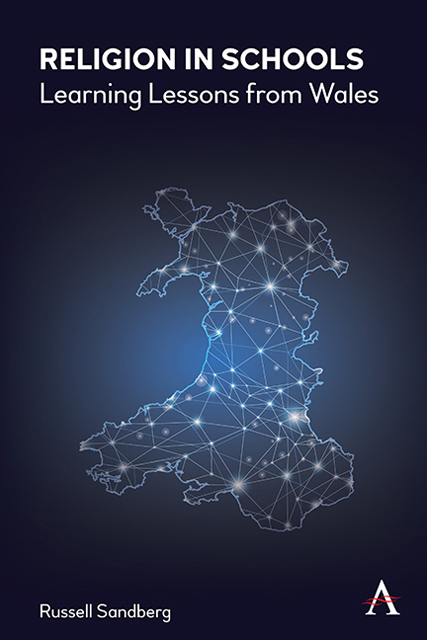2 - The Position Before The Butler Act
Published online by Cambridge University Press: 09 December 2022
Summary
As ever, identifying any starting point in a historical analysis is an arbitrary exercise. As Frederic Maitland put it, ‘such is the unity of all history that anyone who endeavours to tell a piece of it must feel that his first sentence tears a seamless web’. This is particularly true when it comes to the history of education. A distinction can be made between the history of formal education, which is a history of state involvement that dates back to the aftermath of the Industrial Revolution, and the wider history of educational experience, a history that dates back to the distant past exploring how children and young adults developed informal training and skills. However, even if the first more narrow approach is taken, the story of formal education actually goes much further back than the Industrial Revolution. This chapter sketches that story.
Primary and secondary education grew out of the work of the churches. Literacy was for centuries tied up with the church. The earliest schools that we know of, dating back to the Anglo-Saxon period, were linked to the church as were the Universities at Oxford and Cambridge, which were established in the early medieval period. However, as Gareth Elwyn Jones and Gordon Wynne Roderick pointed out, ‘it is mistaken to regard late medieval education as the province only of the monasteries and the church – there was sufficient demand to foster the creation of grammar schools’. Some of these grammar schools were created independently of the church, sometimes being closely tied with a university or with a borough corporation.
The demand for education gradually grew in the centuries that followed but it remained within the voluntary sector. The churches played a crucial role in this but they did not monopolise it. From the very start, education took various forms: from guilds that were developed in many trades, to dissenting academies that were unofficially set up following the Reformation to Sunday Schools, not to mention later developments that took place under the auspices of the Poor Law. In short, there were a variety of different types of schools. However, schooling was by no means universal. While the wealthy educated their children at home, grammar schools catered for the sons of the middle classes. For the majority, there was no formal education with children typically working alongside their parents in agriculture or factories.
- Type
- Chapter
- Information
- Religion in SchoolsLearning Lessons from Wales, pp. 7 - 16Publisher: Anthem PressPrint publication year: 2022

